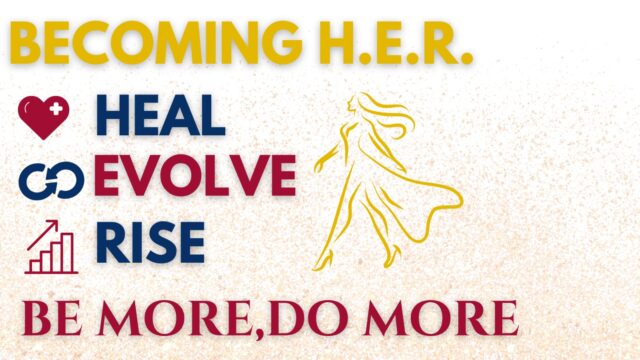Life Coaching:
1. What is life coaching?
Life coaching is a collaborative and forward-focused process where a coach assists individuals in identifying and achieving personal and professional goals.
2. How is life coaching different from therapy or counseling?
Life coaching is future-oriented and goal-driven, concentrating on personal and professional development, while therapy often addresses past issues and emotional healing.
3. What types of issues can a life coach help with?
Life coaches can assist with a variety of issues, such as career transitions, relationship challenges, time management, goal setting, and personal development.
4. How long does a typical life coaching relationship last?
The duration varies based on individual goals and needs. Some clients may benefit from a few sessions, while others may choose longer-term engagement.
5. Do I need to meet my life coach in person, or can coaching be done remotely?
Coaching can be conducted in person, over the phone, or through video conferencing, providing flexibility for clients.
Counseling:
What is counseling?
Counseling involves a professional providing guidance and support to individuals or groups dealing with personal issues, mental health concerns, or emotional difficulties.
Why Do You Need a Life Coach?
- Clarity and Goal Setting:
- A life coach can help you gain clarity about your life goals, values, and priorities. They can assist in defining specific, achievable objectives and create a roadmap to reach them.
- Personal Development:
- Individuals often seek a life coach to support their personal growth journey. This may include improving self-confidence, overcoming limiting beliefs, and unlocking one’s full potential.
- Career Advancement:
- For those navigating career changes or seeking professional development, a life coach can provide guidance on setting and achieving career-related goals, enhancing leadership skills, and managing work-life balance.
- Accountability:
- A life coach serves as an accountability partner, helping you stay focused on your goals and committed to the actions required for progress. Regular check-ins and discussions can keep you on track.
- Stress Management:
- Life coaches can assist in identifying and managing sources of stress. They may provide coping strategies, mindfulness techniques, and tools for maintaining balance in various aspects of life.
- Improved Relationships:
- Relationship-focused life coaches can help individuals navigate challenges in personal and professional relationships. This includes communication skills, conflict resolution, and setting healthy boundaries.
- Life Transitions:
- During significant life changes, such as a divorce, relocation, or retirement, a life coach can provide support and guidance to navigate transitions more smoothly and make informed decisions.
- Mindset Shifts:
- Life coaches often work with clients to shift limiting beliefs and negative thought patterns. They encourage a positive mindset, fostering a more optimistic and empowered approach to life.
- Increased Accountability:
- Knowing that someone is there to support and hold you accountable can be a powerful motivator. Life coaches provide encouragement and constructive feedback to keep you moving forward.
- Enhanced Self-Awareness:
- Through reflective exercises and discussions, life coaches help clients develop a deeper understanding of themselves, their values, and their motivations.
- Building Confidence:
- Working with a life coach can help boost confidence and self-esteem, empowering individuals to take on challenges with a positive mindset.
Our Commitment To You
We at Abby’s Coaching House guarantee you world-class client-focused coaching services. Our intention is to see you actualize your dreams and fulfil your purpose through professional life coaching. We shall walk the journey with you.



